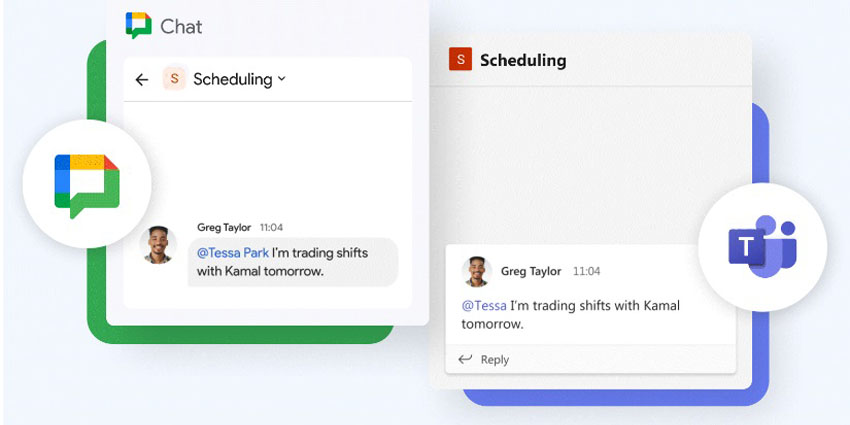Cisco has launched a new asynchronous video solution as part of its new Webex Leap acceleration programme.
Vidcast lets users record and share video messages outside of video meetings and is designed to help employees reduce the number of virtual meetings they have to attend.
Jeetu Patel, General Manager of Cisco Security and Collaboration, said: “In today’s era of hybrid work, businesses and individuals are increasingly seeking new ways to problem-solve and communicate globally.
“We’re thrilled to unveil Vidcast to directly address this need, eliminating the restrictions of time zones or conflicting schedules.
“The best ideas and innovations can come from anywhere within an organization, and Webex Leap provides an avenue for our employees to experiment and express their entrepreneurial spirit.”
Cisco highlighted some key features of Vidcast:
- An all-in-one video recording and editing tool to share video messages of the presenter and their screen without requiring a live meeting
- Real-time feedback to track views and add reactions with emojis and post comments
- Advanced navigation tools to easily find and jump to relevant moments with thumbnail navigation, chapters, and jump links
- A knowledge content repository to organise, distribute and manage access to videos, as well as automatic playback at 1.2x speed and closed caption options to enable quick review
Vidcast will soon enter beta testing and users can join a waiting list to be among the first to try it out. After testing, it will have a free tier and a premium tier offering advanced features.
The app is the first offering to come out of Webex Leap – an accelerator programme designed to innovate on the Webex platform.
Asynchronous communication has become a popular term this year, as businesses have sought to reduce employee stress caused by excessive video meetings. The assumption is that short video and audio messages do not require an instant reply, taking pressure off both the sender and the recipient.
Cisco has published a short demo of how Vidcast will work.







